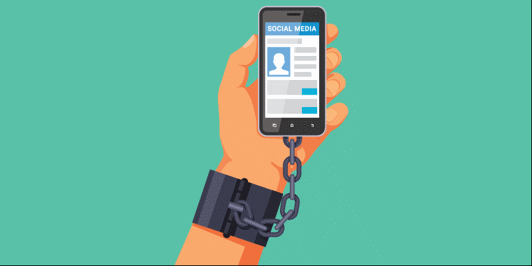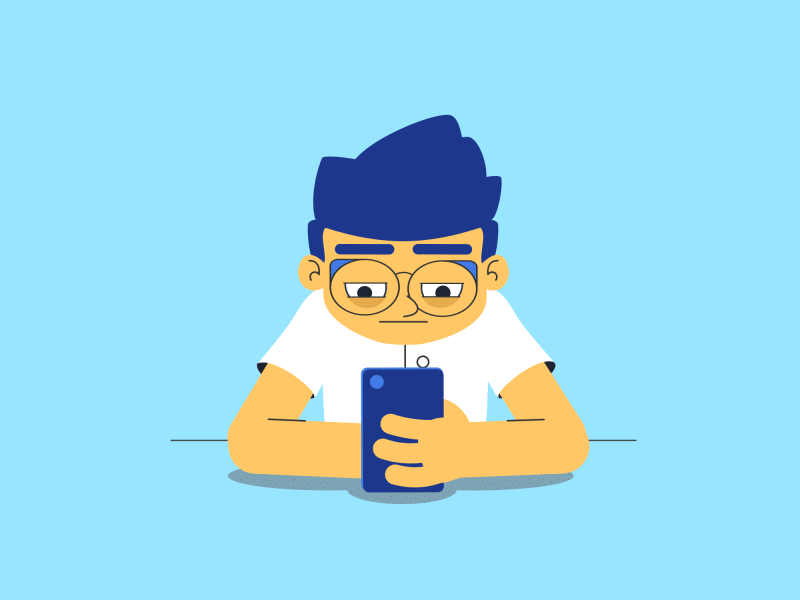CRAZY WAYS THAT SOCIAL MEDIA CAN CHANGE OUR BRAIN RIGHT NOW
More than 800 million of people of the entire world are using social media websites, which clearly influence the society. But what about us? Here we are discussing different ways that social media can change our psychology.

1. SOcial Media’s LIKE A DRUG
I Can’t log off?
Astonishingly, 5-10% of us (Internet users) cannot control how much time we spend on internet surfing. It is an addiction, as contrasting to a material addiction, our brain scans of these people actually show alike diminishing of areas that those with drug addict have. Precisely, a clear degradation of white matter in the part of brain which handle emotional activities, decision making and attention. Since social media gives instant rewards with very little effort, our brain initiates to renew itself, making us craving this stimulation. we begin to desire more of this neurological pleasure after each interaction. Sounds a little like a drug addict, isn’t it?
2. SOCIAL MEDIA DISTURBS OUR ABILITY TO FOCUS
We saw a change while observing at multitasking. we might think that when we use social media or repetitively switch between work and social media are good at multitasking, but it is not true. Comparing social media addict to others, addicts perform worst in task switching tests. Multitasking online diminishes our brains power to filter out intrusions, and it is harder for our brain to pledge information to memory.
3. IT GIVES YOU PHANTOM VIBRATION SYNDROME
Like when our phone buzzes in the middle of productive work. Or wait...did it even buzz? Phantom Vibration Syndrome is a comparatively psychological phenomenon where we think We felt our phone go off, but it didn’t. According to study, 89% of participates said they experienced this type of symptoms at least twice in four weeks.
4. YOUR BRAIN THINKS IT'S A REWARD
As crazy as it seems, technology has begun to refurbish our nervous systems and our brains are being activated in a way they never been before. Social Media also triggers a release of dopamine (feel-good chemical). Using MRI scans, scientists found that the reward centers in people’s brains are much more active when they are talking about their own views, as opposed to listening to others. Not surprising we all are addicted to showoff about us, isn’t it?

5. IT'S CHANGING HOW WE INTERACT
But it turns out that while 30-40% of face-to-face conversations involve communicating our own experiences and at least 80% of social media communication is egocentric. The same part of our brain associated to orgasms, love and motivation are stimulated by our social media use. And even more when we know we have viewers. Studies on relationships have found that partners tend to like each other more if they meet first time online rather than face to face communication. It is because people are more anonymous or perhaps clearer about their future goals, there is a statistical increase in successful partnerships which started online. Hence, the internet has changed our way of communication which increases physical separation, maybe the ones that matter utmost end up even closer.
